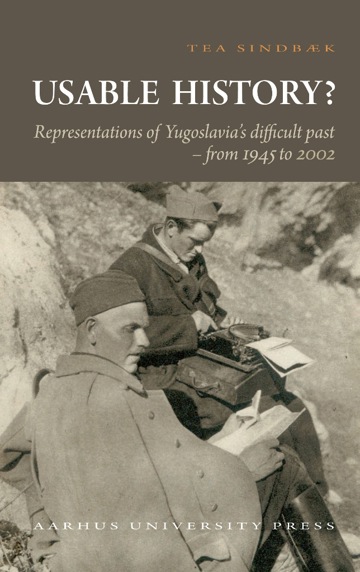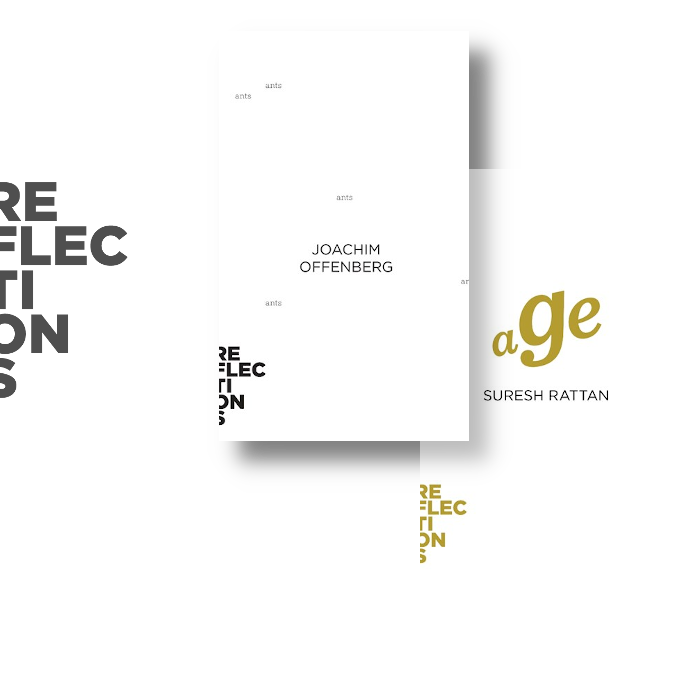
Usable History?
Representations of Yugoslavia's difficult past - from 1945-2002
A part of the subject area History
More about the book
About the book
When Yugoslavia was invaded by Nazi Germany and its allies in April 1941, what followed was as much a Yugoslav civil war as a war of occupation and liberation. Several hundred-thousand Yugoslav civilians were killed by other Yugoslavs in large-scale massacres or concentration camps, and the horrific events left the country ruined and deeply divided.
USABLE HISTORY? examines the way in which the history of Yugoslavia's internal problematic past was presented and used politically and ideologically, and asks how a society can cope with such an "unmasterable" history. How did Yugoslav historians and politicians represent and explain their own history and how did these representations interact with the cultural developments, political demands and societal needs? By investigating political documents, historiography and popular representations of history such as films, songs and literature, the book's author reveals a deeply disturbing narrative of historical (mis)interpretation and (mis)use.
Table of contents
Introduction: Thematization, historical culture and genocide
The Second World War in Yugoslavia
Establishing an official narrative, 1945-1948
Massacres in memoirs and fiction, 1945-1952
Titoist institutional historiography, 1945-1960
New perspectives on wartime history, 1960-1980
Public commemorations and popular culture, 1060-1080
The breakdown of communist history
Genocide as a cardinal theme, 1984-1989
National conflicts and national historical cultures, 1990-2002




